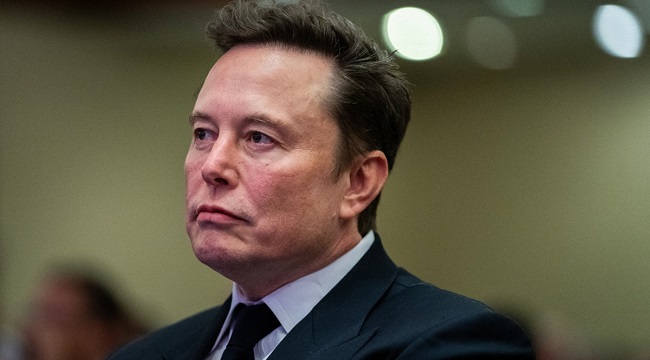Elon Musk stirred controversy on Friday with a post on his platform, X, suggesting that the far-right AfD party is the only hope to “save Germany.” The comment quickly drew backlash, with accusations of interference in Germany’s political process ahead of the upcoming elections.
Musk’s post accompanied a video critical of Friedrich Merz, leader of the CDU party and a likely candidate for chancellor, over his refusal to collaborate with the AfD. Despite its growing popularity and second-place standing in polls, the anti-immigration AfD remains ostracized by mainstream parties that have ruled out working with it.
German government officials refrained from directly addressing Musk’s remarks. However, prominent politicians voiced their disapproval, accusing the tech mogul of meddling in German affairs.
Dennis Radtke, a CDU representative in the European Parliament, called Musk’s actions “alarming” and “unacceptable,” particularly given Musk’s role as an influential figure in global business and politics. Radtke went further, branding Musk a “threat to democracy” and criticizing X, formerly known as Twitter, as a platform spreading misinformation under Musk’s leadership.
Alex Schaefer, a member of the SPD, echoed these concerns. He labeled Musk’s post “intolerable” and urged Germany to stand firm against foreign influence. Schaefer emphasized that while Germany values its relationship with the United States, it must resist external interference in its political landscape.
The AfD, on the other hand, celebrated Musk’s endorsement, sharing their approval on X and claiming growing public support for their views.
Despite the uproar, the German government maintained a cautious stance. Christiane Hoffmann, a government spokesperson, noted that freedom of expression extends to platforms like X. However, she also expressed concern about the platform’s trajectory since Musk’s takeover, describing it as troubling.
The government has decided to retain its presence on X, citing its importance as a communication tool despite its perceived shortcomings.
This isn’t Musk’s first foray into German politics. Recently, he referred to former Chancellor Olaf Scholz as “a fool” following the collapse of Scholz’s coalition government over budget disagreements.
Germany is set to hold elections on February 23, following the political turmoil that led to the dissolution of Scholz’s administration last month.


